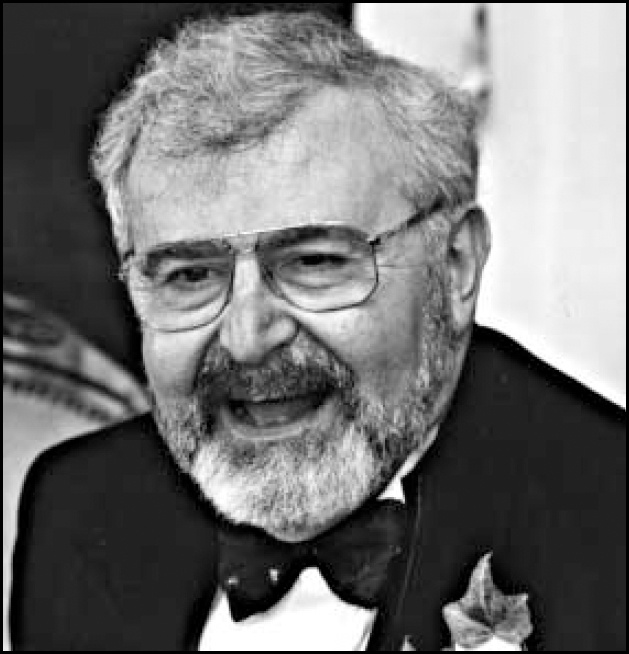Kenneth, a distinguished and respected member of the staff at St Mary's, died suddenly, probably from cardiac dysrhythmia secondary to coronary atherosclerosis on 6 March 2000.

Born in London in 1929, he was educated at University College School and then University College Hospital Medical School. Postgraduate study led to the MD, FRCP and FRCPsych.
His undergraduate career was interrupted by a tuberculous pleural effusion in the days before the advent of chemotherapy. Fortunately, 4 months of enforced rest on a cold veranda was followed by a full recovery. He then managed to pick up three major prizes before qualifying in 1953.
He had always been interested in psychiatry and after his pre-registration posts he worked in the psychiatric observation ward at University College Hospital. The lack of effective treatment at that time appalled him and he returned to general medicine and obtained the MRCP. The arrival of chlorpromazine and imipramine reawakened his interest in psychiatry and he began his training at the Maudsley Hospital in 1960, progressing through the ranks from senior house officer to senior registrar. At this early stage he felt the need to experience a range of approaches to the subject and for some years undertook a training analysis. He finally came to the conclusion that a purely dynamic view was unsustainable and took a wider, more eclectic perspective.
He moved from the Maudsley to St Bartholomew's as a lecturer. There he did pioneering work on the use of beta-blockers in psychiatry.
His first consultant appointment was at Welwyn Garden City to open one of the first district general hospital psychiatric units to be built. In 1967 he was appointed to the staff at St Mary's. Here the more academic atmosphere spurred him to embark on the series Recent Advances in Clinical Psychiatry, for which he will be long remembered. The first edition, of which he was the sole author, appeared in 1971 and was an instant success. The series progressed to eight editions, of which he was the editor and a major contributor. Successive editions were required reading for a generation of aspirants for the MRCPsych.
Kenneth published widely in addition to the books. In the 1980s St Mary's was a major centre dealing with the burgeoning problem of AIDS and he provided the liaison service to the department of genitourinary medicine, developing an interest and expertise in the psychiatric problems associated with it. This led to further contributions to the literature.
He was a true ‘scholar’. His natural habitat was the library and the study, but he did function at high level in other environments. He was one of the prime movers in expanding the role of psychiatry at St Mary's. When he arrived the department consisted of two very part-time consultants sharing seven in-patient beds on the general medical wards of the hospital. With colleagues he found funding for the creation of an academic department in the early 1970s and there-after actively supported the massive expansion of psychiatric services to St Mary's and the local community.
At an early age he served on the Council of the College and then on the Court of Electors. For 11 years he was the Regional Adviser in Psychiatry to the North West Thames Region. For the Department of Health and Social Services he served on the Committee on the Review of Medicines from 1984 to 1986. One commitment he particularly enjoyed was as psychiatrist to the Crown Colony of Gibraltar from 1970 until his retirement. He had many friends there.
He had a deep interest in the process of writing, an occupation he patently enjoyed. After his retirement he attended many courses on creative writing, both in the UK and the USA. He was engaged in a project at the time of his death. In 1988 another deep interest surfaced, which astonished his friends: he took up flying, soon obtaining a pilot's licence and there-after logging many hours of solo flight.
Over the years he took a great interest in the careers of those who had worked with him. Many kept in touch with him and will testify to his support and help.
Kenneth was a gentle and scholarly man. He was a very reliable and supportive colleague. His erudition and knowledge of the psychiatric literature was hugely impressive and was available to any who cared to ask. Initially, Kenneth could perhaps give the impression of being a little reserved, but beneath this was a capacity for deep and lasting friendship.
He was deeply attached to his family and leaves a son and two daughters and two grandchildren on whom he doted.



eLetters
No eLetters have been published for this article.